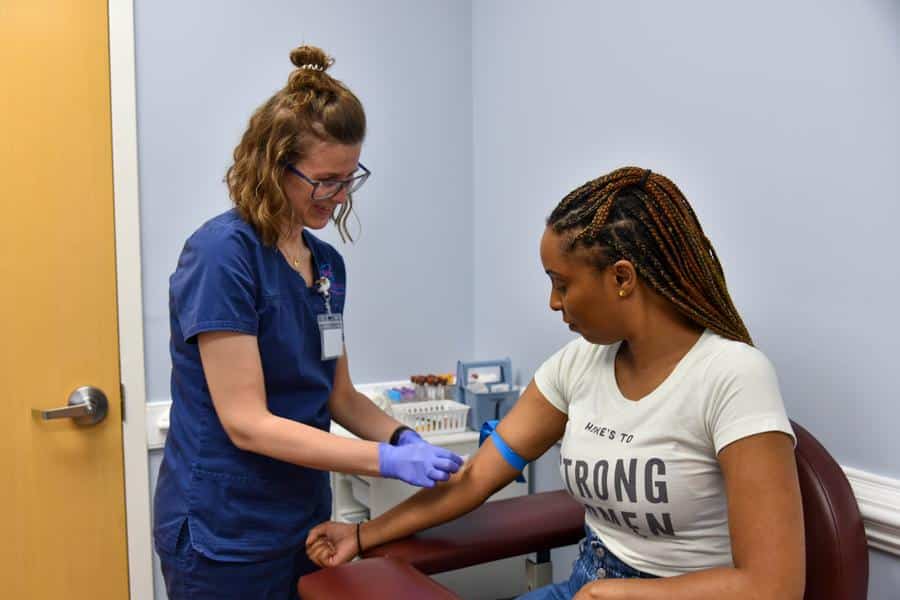Image Source: Google
Women's health is a crucial aspect of overall well-being, and women's health clinics play a vital role in providing comprehensive care and empowerment to women of all ages. These clinics specialize in addressing the unique healthcare needs of women, offering a range of services from routine check-ups to specialized care.
One of the primary goals of women's health clinics is to prioritize preventive care. They provide regular screenings and assessments to identify potential health issues before they become more severe. This proactive approach allows for early detection and intervention, improving the chances of successful treatment and reducing the risk of complications.
Women's health clinics also focus on reproductive health, offering services such as family planning, contraception, and health counseling. These clinics provide a safe and supportive environment for women to discuss their reproductive health concerns, receive education about available options, and make informed decisions about their bodies and lives.
Furthermore, women's health clinics play a crucial role in maternal healthcare. They provide prenatal care for expectant mothers, monitoring their health and the development of their babies throughout pregnancy. These clinics offer a range of services, including ultrasounds, blood tests, and nutritional guidance, to ensure a healthy pregnancy and delivery.
Postpartum care is another area where women's health clinics excel. They provide support and guidance to new mothers, addressing common postpartum concerns such as breastfeeding, mental health, and physical recovery. These clinics create a nurturing environment where women can voice their concerns, receive appropriate care, and connect with other mothers facing similar challenges.
Mental health is an integral part of women's well-being, and women's health clinics recognize its importance. They offer counseling services for a variety of mental health concerns, including anxiety, depression, and trauma. These clinics provide a safe space for women to discuss their emotions, explore coping strategies, and receive the support they need to improve their mental well-being.
Women's health clinics also actively advocate for women's rights and empowerment. They promote education and awareness about women's health issues, such as reproductive rights, gender-based violence, and gender disparities in healthcare. These clinics strive to create a society where women can make informed choices about their bodies and have access to high-quality healthcare services.
Furthermore, women's health clinics often serve as a hub for community outreach programs. They collaborate with local organizations to provide education and resources on topics such as domestic violence prevention, and healthy lifestyle choices. These clinics play a critical role in empowering women by equipping them with knowledge and tools to make informed decisions and lead healthier lives.
In conclusion, women's health clinics are essential in promoting and empowering women's health. They provide comprehensive care, prioritize preventive measures, and address the unique healthcare needs of women at various stages of their lives. These clinics not only focus on physical health but also emphasize mental well-being and the promotion of women's rights. By offering a wide range of services and actively engaging with the community, women's health clinics play a vital role in ensuring that women have the resources and support they need to thrive.


